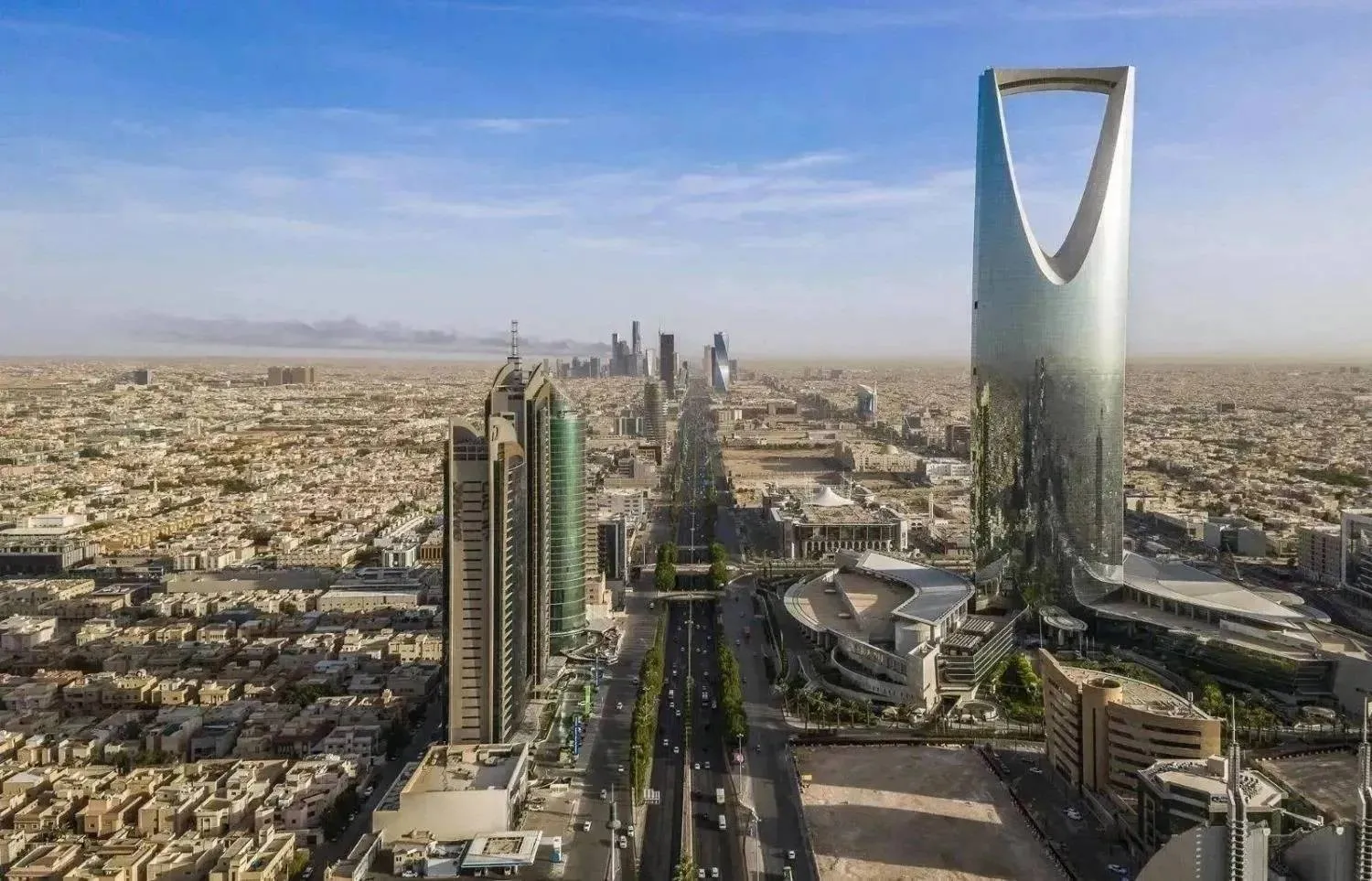Jindal Shadeed Group announced that it selected Oman's Special Economic Zone at Duqm (SEZAD) to establish a manufacturing facility, slated to be the largest of its kind, to produce green steel.
The strategic project is being built over an area estimated at approximately 2 square kilometers in the concession zone at the Port of Duqm with an investment value estimated at $3 billion.
The agreement stipulated that the Jindal Shadeed Group would utilize renewable energy sources and green hydrogen in manufacturing operations.
Officials signed the memoranda of understanding (MoU) and the land reservation agreement under the auspices of Chairman of the Public Authority for Special Economic Zones and Free Zones (OPAZ), Ali bin Masoud al-Sunaidy.
It was signed by Deputy Chairman of OPAZ Ahmed bin Hassan al-Dheeb, Vice President of the Authority and CEO of Jindal Shadeed Group Harsha Shetty.
The Jindal Shadeed Group and CEO of Duqm Port Reggy Vermeulen signed the land reservation agreement.
Jindal Shadeed Group also signed an MoU with the centralized utility provider (Marafiq) to provide the plant with the utilities necessary to operate the project, such as water services, seawater for cooling purposes, and other Marafiq services.
The agreement was signed by Vice President of Commercial Operations at Marafiq Talal al-Lawati.
Sunaidy confirmed that Oman is moving towards expanding renewable energy production through wind and solar energy, part of which will be exported and the rest for local use.
He told reporters that the Jindal Shadeed project for the production of green iron is the first significant project expected to produce 5 million tons of green iron when the infrastructure is completed.
The green iron produced at the project will be exported to car factories around the world, factories that produce windmills, and factories that produce household appliances.
He added that Duqm projects utilize renewable energy in line with the directives of Sultan Haitham bin Tariq and seeking net neutrality by 2050.
Sunaidy explained that they would benefit from the recent announcement of the Ministry of Energy and Minerals allocating large areas to the project within the SEZ, hoping that the project's construction will begin by the end of next year with the completion of the economic feasibility study.
Al-Dheeb stressed that a project of this caliber would be an added value to the heavy industries cluster in the Special Economic Zone at Duqm and would play a vital role in the development of Duqm as a key industrial hub.
He noted that the signing of the MoU and agreement is a testament to the importance of the SEZ at Duqm and further underscores its position as a leading and attractive destination for large strategic projects that will benefit from renewable energy and green hydrogen.
The availability of solar energy and wind resources throughout the year will encourage more investments in green industries and renewable energy projects in Oman and Duqm.
Oman is making commendable efforts toward using cleaner energy sources to meet industrial requirements, remarked al-Dheeb, adding that the measures align with the priorities of Oman Vision 2040 to use alternative energy and sustainable natural resources.
The project also serves the comprehensive national strategy, which focuses on reducing emissions and achieving carbon neutrality.









